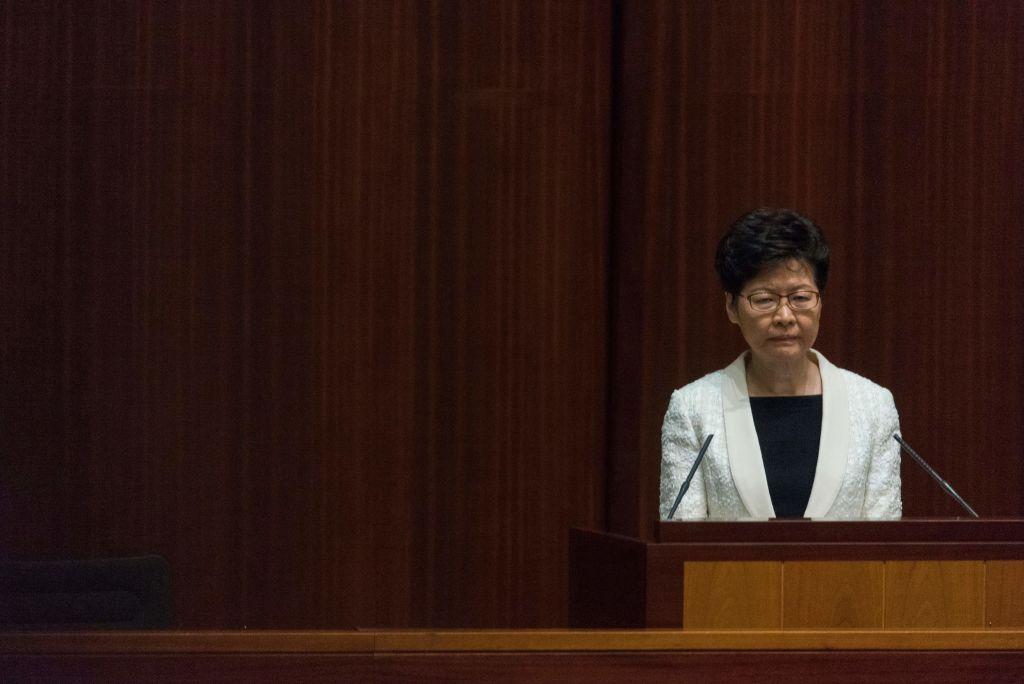TAIPEI, Taiwan—The Taiwanese government is questioning the motivation behind Hong Kong authorities’ claims that murder suspect Chan Tong-kai sent city leader Carrie Lam a surrender letter asking Hong Kong to return him to Taiwan for prosecution.
Chan, a Hong Kong resident, is the main suspect in the murder of Poon Hiu-wing, his then-pregnant girlfriend. According to Taiwanese media, the two were visiting Taiwan in February 2018. Poon’s body was later found in a suitcase that had been dumped in a field near a metro station in New Taipei City.





